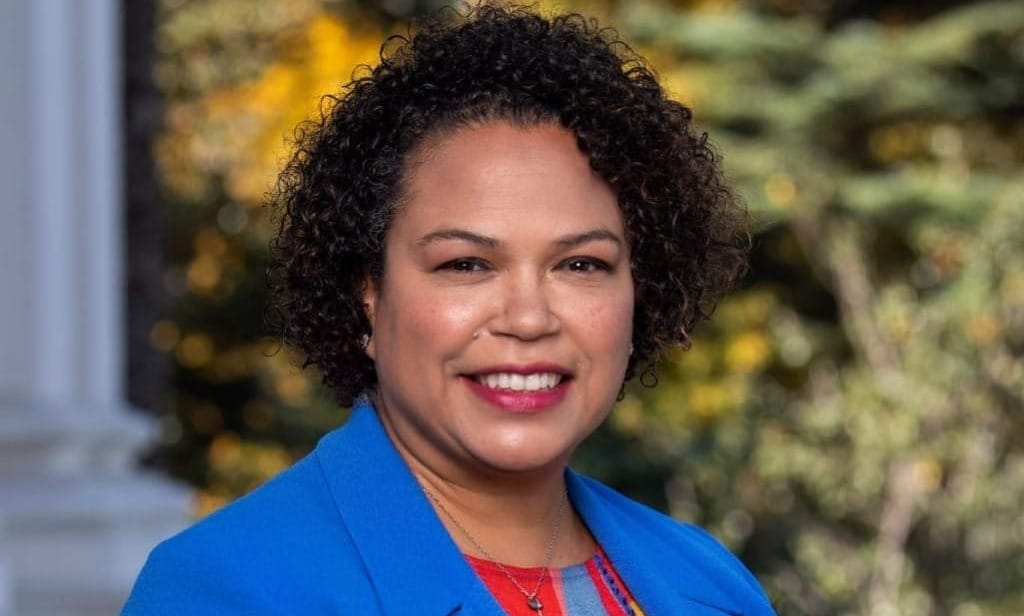California Lawmaker Trying to Pass Digital Discrimination Law
A California bill could penalize providers ‘even if they are not intentionally withholding adequate Internet from a protected group.’
Joel Leighton

WASHINGTON, July 11, 2024 – A California lawmaker wants to pass a digital discrimination law in case similar federal rules under attack in a Missouri court do not survive.
If passed, House Bill 2239, authored by Assemblymember Mia Bonta, an Oakland Democrat, would identify and penalize discrimination based on disparate impact outcomes across communities served by Internet service providers.
“[Affordable broadband] is a tool that can bridge the ‘digital divide’ and ensure that all Californians, regardless of their socio-economic status or race, have equal access,” Bonta said in a press release.
Bonta is the wife of California Attorney General Rob Bonta.
After passing through several Senate committees, the bill was forwarded to the Senate Appropriations Committee to adopt a definition of digital discrimination in line with the FCC’s newly adopted standard.
Last November, the FCC adopted digital discrimination rules that include a disparate impact standard, which can hold Internet Service Providers legally liable for unintentional discrimination in the deployment of broadband infrastructure.
Bonta is pursuing a state digital discrimination law because various ISP trade associations have challenged the FCC’s rules in the U.S. Court of Appeals for the Eighth Circuit in St. Louis.
The trade group's case, Minnesota Telecom Alliance v. FCC, claimed the FCC's rules were too broad and not authorized by Congress.
Daniel McGreevy, Bonta’s Communications Coordinator, said Bonta was concerned about an eventual change in policy at the FCC.
“Even if the FCC were to shift its guidance, AB 2239 would allow California to prohibit digital discrimination at a state level,” said McGreevy.
The California bill has also received similar criticism for potentially creating a chilling effect on investment by penalizing broadband providers without adequately assessing their intent.
In keeping with the FCC’s rules, Bonta stated on her website that “broadband providers could be in violation, even if they are not intentionally withholding adequate Internet from a protected group.”









Member discussion